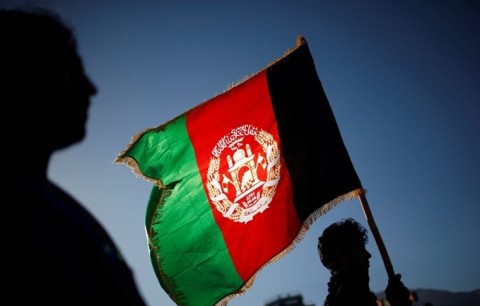The sudden disappearance of the internet in parts of Afghanistan has left millions grappling with a new reality. Broadband access has been cut in provinces like Kunduz, Badakhshan, and Balkh, with the Taliban justifying the move as a way to block “immoral content.” Mobile networks remain, but the connection is slow, unreliable, and often unusable for everyday tasks. For the people affected, this is more than an inconvenience; it is a profound disruption to daily life, learning, work, and social interaction.
The Human Impact of Losing Connectivity
Internet access is something most of us take for granted, but for those living under these new restrictions, life changes dramatically. Students lose access to online courses, research, and information that could shape their futures. Families struggle to stay in touch with relatives abroad. Local businesses, which once relied on online communication for orders and payments, find themselves struggling to survive. The shutdown demonstrates how deeply intertwined the internet has become with daily life, education, and economic survival.
Beyond Morality: What the Shutdown Really Means
While the Taliban frames the blackout as a measure against adult content, the reality is far more complex. News, educational resources, health information, and opportunities for social connection are all impacted. For women, the consequences are particularly severe. Online education, communication, and personal freedom are heavily restricted, reinforcing barriers that have long limited opportunities and access.
The Ripple Effect on Education and Opportunity
Students without reliable internet can no longer attend online classes or access learning materials. This disruption does not just delay education it can have long-term consequences on personal and professional development. Education, once seen as a pathway to independence, becomes a daily struggle, highlighting the fragility of access to knowledge in restrictive environments.
Women and the Digital Divide
For women, the loss of internet access is even more pronounced. Platforms that once offered education, communication, or simply a space for self-expression are now out of reach. This move underscores the broader strategy of control: it is not just about morality but about limiting independence, autonomy, and opportunity.
Life in a Digital Blackout
The blackout transforms ordinary activities into challenges. Sending an email, paying a bill online, or even streaming entertainment becomes nearly impossible. Social interactions are strained, businesses are slowed, and families are cut off from the wider world. The internet is no longer a convenience; it becomes a lifeline, one that is suddenly broken.
Social and Economic Consequences
Local businesses are directly affected. Communication with suppliers and customers is disrupted, delaying orders and complicating daily operations. Economically, this can be devastating for small enterprises, which often depend on the internet for survival. Socially, people are isolated, cut off from friends, family, and broader communities.
A Reminder of Privilege
For those of us accustomed to reliable, high-speed internet, it is easy to forget how essential connectivity has become. The Afghan blackout is a stark reminder that the privileges many enjoy daily are fragile, and that for millions of people, access to the digital world is far from guaranteed.
The Broader Implications
This isn’t just a local issue. The Afghanistan internet shutdown highlights how political decisions can control access to information and freedom of expression. It serves as a cautionary tale for any society that takes digital connectivity for granted. Access to the internet is more than entertainment it is education, communication, opportunity, and freedom.
Global Lessons from Afghanistan
For the rest of the world, the lesson is clear: digital freedom is precious and vulnerable. While we scroll, stream, and connect without thought, others face a reality where these simple liberties are suddenly stripped away. It is a reminder to value, protect, and advocate for open access to information everywhere.
The Taliban’s internet blackout is more than a policy on morality it is a disruption of daily life, education, economy, and personal freedom. It exposes how fragile access to information can be, and how deeply it affects lives. For those of us who enjoy unrestricted connectivity, it serves as a sobering reminder: the digital world is a lifeline, not a luxury, and losing it even temporarily reshapes life in ways that are hard to imagine.













